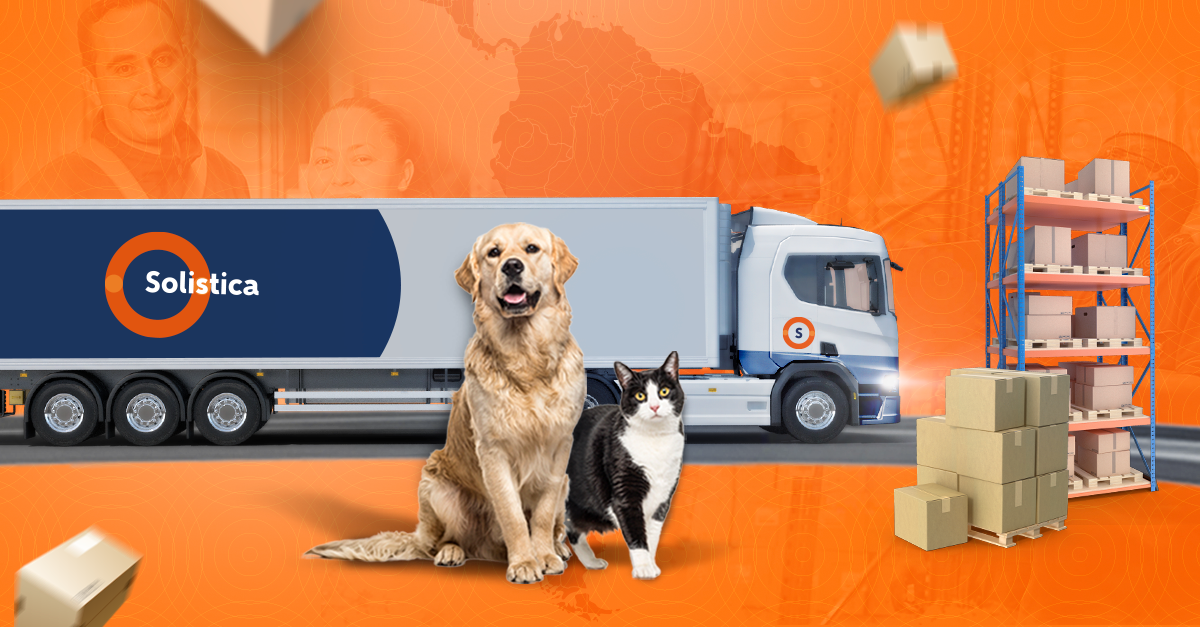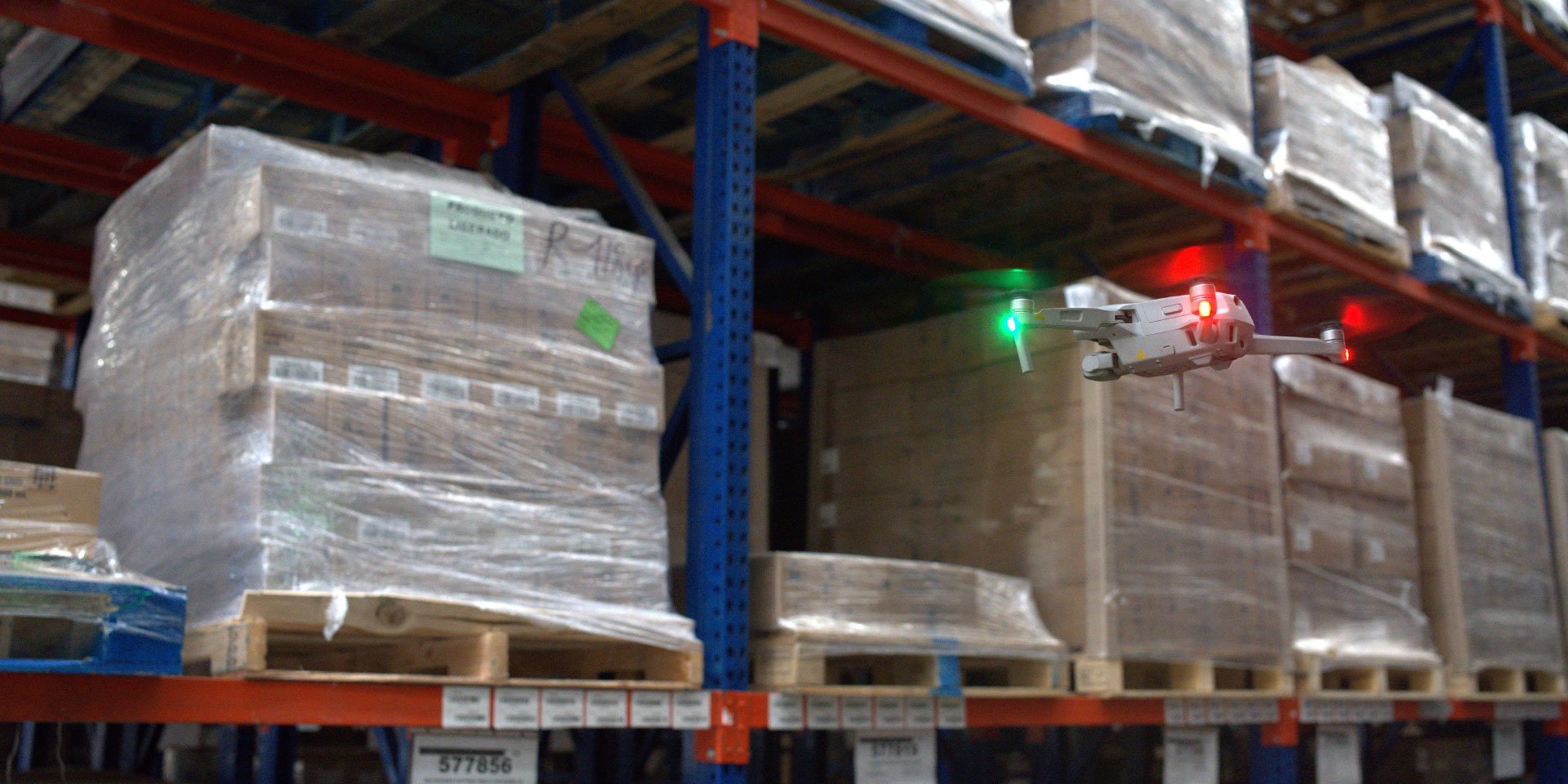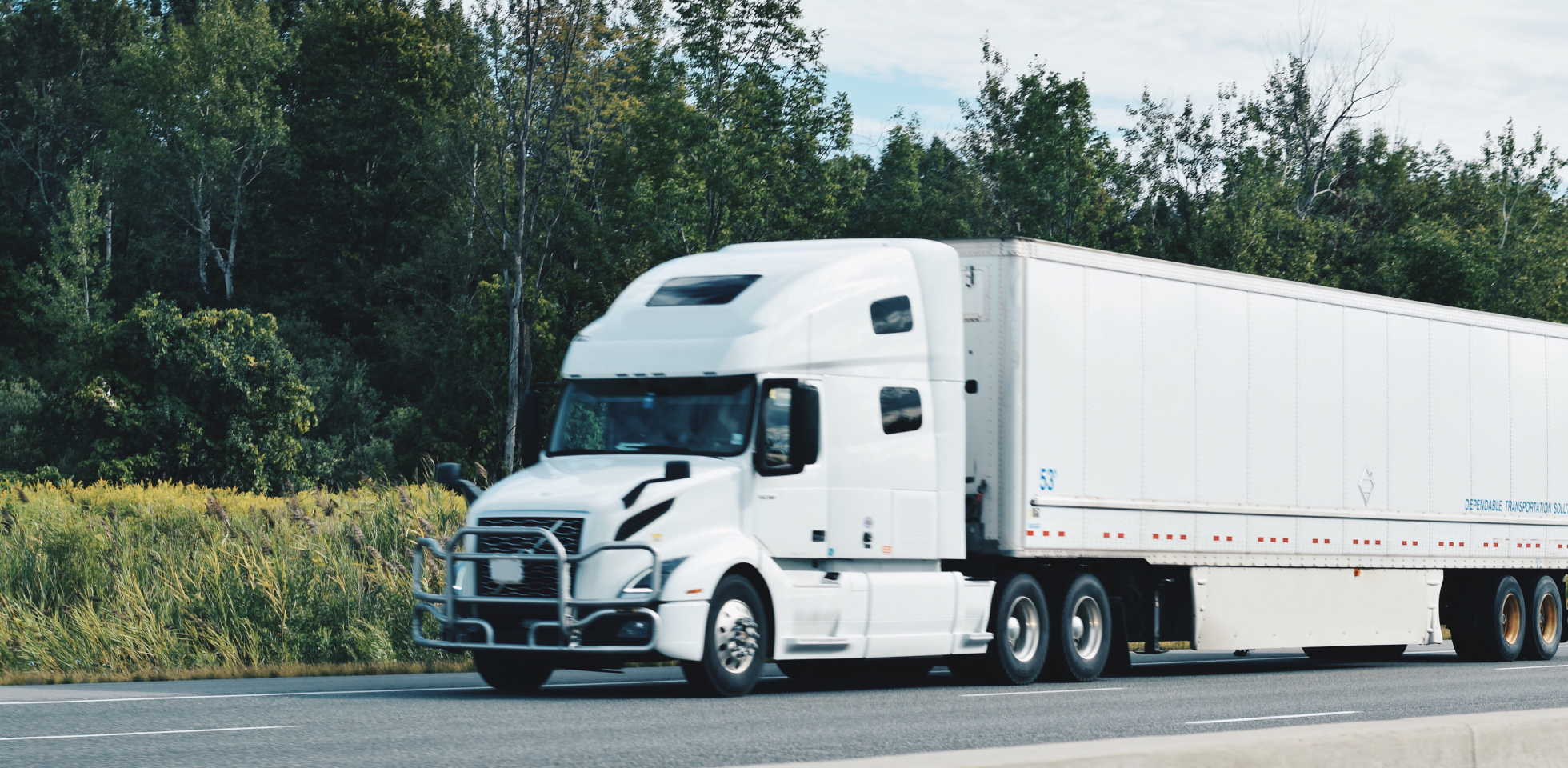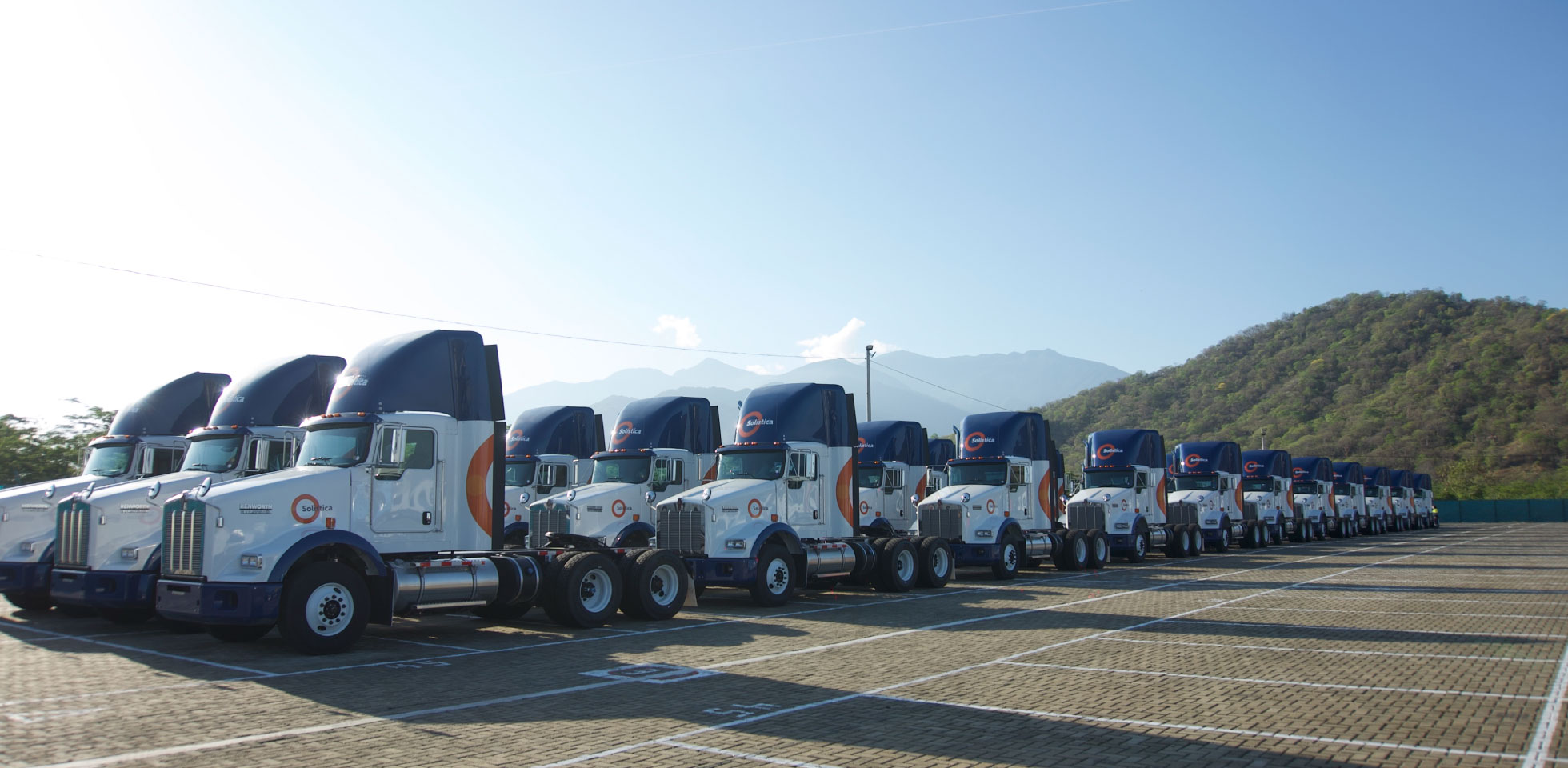The veterinary industry is a constantly growing and evolving sector, and its importance is increasingly greater with regard to the breeding and care of animals, both for production and for companionship and public health. In this sense, having high-quality food, supplies, and medicines is essential to ensure the well-being and health of animals, as well as to ensure the safety and quality of the products derived from them. In addition, their proper management and control in veterinary clinics and hospitals are key elements to achieve an efficient and quality service.
In this context, logistics plays an essential role in the veterinary industry. Logistics refers to the planning, coordination, and management of the processes and activities necessary to take products and services from their point of origin to their final destination, with the greatest possible efficiency. In the veterinary industry, logistics involves managing the flows of food, medicines, and other supplies from their production to their final consumption, ensuring their quality, safety, and efficiency.
One of the main considerations in the logistics of the veterinary industry is the proper management of animal feed. Animal feed must be stored, transported, and distributed safely and efficiently to ensure its quality and freshness. In addition, it is essential to have an adequate tracking and traceability system for food in order to identify and manage any quality or safety issues that may arise.
Another important aspect of logistics in the veterinary industry is the management of medicines and other supplies. Medicines and other supplies must be stored and transported under appropriate conditions to ensure their quality and safety. In addition, it is important to have tracking and traceability systems to identify any quality or safety issues that may arise, as well as to ensure traceability and inventory control.
Livestock and pet industry
The livestock industry is a very important segment in Latin America and the Caribbean, contributing significantly to the economy of countries such as Argentina, Brazil, Mexico, Paraguay, and Uruguay. In addition, it is estimated that global demand for meat will increase by 14% in the next decade. On the other hand, the pandemic has led to an increase in pet adoption, which has impacted the logistics sector, as demand for veterinary medicines for all types of domestic animals such as birds, dogs, cats, cattle, and other species has increased.
Logistical requirements
For the proper handling of veterinary products, it is necessary to have an efficient logistics chain that allows for the safe transportation and storage of supplies and medicines. The storage, transportation, and conservation of veterinary products must comply with the conditions recommended on product labels. In addition, it is essential to have safe facilities that guarantee the quality of products.
Special requirements for storage and transportation processes
The transportation and storage of agro-veterinary products require special measures that generally involve specific certifications and a high degree of logistical specialization for their operators. There are specific requirements for all processes involved, such as temperature measurement and warehouse surfaces, which must be certified by a regulatory body, suitable for the type of input, and easy to clean, among other conditions. In addition, it is important to know exactly the identification label of the products, their degree or quality seals, and to maintain rigorous inventory control.
Compliance with regulations and quality standards
The logistical handling of veterinary products must comply with special regulations, which require technological innovation and high quality standards in storage, distribution, and transportation processes, to follow the biosafety standards established by the competent bodies of each country. Regulations for handling products considered dangerous, such as veterinary medicines containing hazardous substances, must also be taken into account.
The proper logistical handling of veterinary products is essential to ensure the safety and health of animals, both in the livestock industry and in pet care. It is necessary to have an efficient logistics chain that allows for the safe transportation and storage of supplies and medicines, complying with regulations and quality standards to ensure their proper handling.






